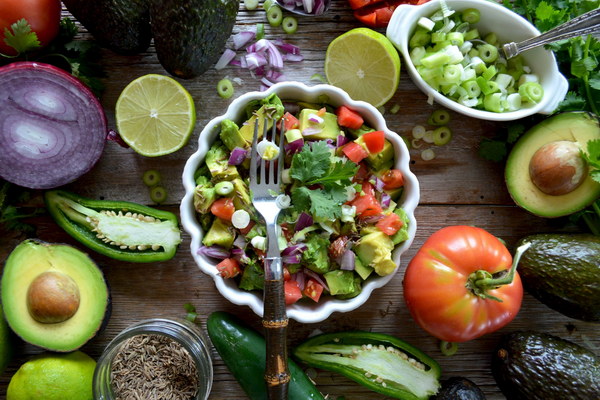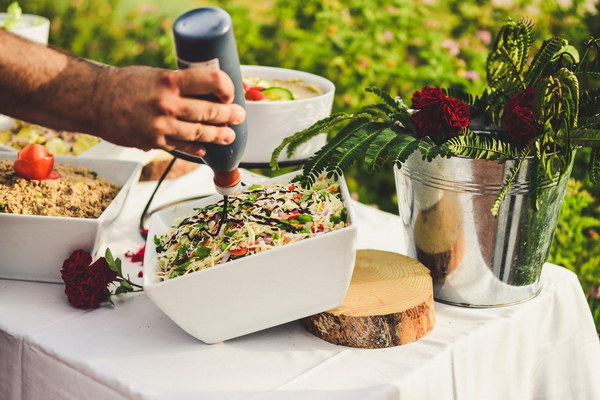Optimal Dosages for Herbs in a StomachNourishing Soup A Guide to Balancing Ingredients
In traditional Chinese medicine, the concept of nourishing the spleen and stomach is fundamental to maintaining overall health and well-being. A common practice is to prepare a soothing and nourishing soup using a blend of herbs known for their stomach-strengthening properties. However, determining the right dosage for each herb can be a delicate balance. Here's a guide to help you understand how much of each ingredient to use when crafting a stomach-nourishing soup.
Introduction
Stomach-nourishing soups are typically made with a combination of herbs that work synergistically to improve digestion, alleviate bloating, and boost the body's energy levels. While there is no one-size-fits-all recipe, the following dosages can serve as a starting point for creating a therapeutic and flavorful soup.
Common Herbs and Their Dosages
1. Dang Shen (Codonopsis pilosula)
- Dosage: 10-15 grams
- Benefits: Known for its adaptogenic properties, Dang Shen helps to strengthen the immune system and improve energy levels while soothing the stomach.
2. Bai Zhu (Atractylodes macrocephala)

- Dosage: 10-15 grams
- Benefits: Bai Zhu is a key herb in spleen-strengthening formulas. It helps to eliminate dampness and relieve bloating, aiding in digestion.
3. Fu Ling (Poria cocos)
- Dosage: 10-15 grams
- Benefits: Fu Ling is often used to absorb dampness and relieve water retention, which can help alleviate symptoms of a weak spleen.
4. Shan Yao (Rhizoma dioscoreae)
- Dosage: 10-15 grams
- Benefits: Shan Yao is a sweet root that nourishes the spleen and stomach, and is beneficial for treating chronic digestive issues.
5. He Huan Pi (Mimosa tree bark)
- Dosage: 5-10 grams
- Benefits: He Huan Pi has a calming effect on the stomach and helps to alleviate symptoms of stress-related digestive issues.
6. Ban Xia (Pinellia ternata)
- Dosage: 5-10 grams
- Benefits: Ban Xia is used to reduce the accumulation of phlegm and relieve stomach discomfort, particularly when accompanied by bloating.
7. Gan Cao (Licorice root)
- Dosage: 5-10 grams
- Benefits: As a harmonizing herb, Gan Cao is often included in formulas to balance the properties of other herbs and enhance their effectiveness.
Preparing the Soup
1. Start with Clean Herbs: Ensure all herbs are thoroughly cleaned and free from dust or debris.
2. Soak the Herbs: Place the herbs in a pot and cover them with water. Let them soak for about 30 minutes to an hour. This allows the herbs to release their medicinal properties.
3. Boil the Soup: Bring the water to a boil, then reduce the heat and simmer the herbs for about 20-30 minutes. The longer you simmer, the more potent the soup will be.
4. Strain the Soup: After simmering, strain the herbs from the liquid using a fine mesh strainer to remove the plant material.
5. Add Flavors: Add any desired seasonings such as salt, ginger, or scallions to taste.
Conclusion
Creating a stomach-nourishing soup is an art that requires attention to detail, especially when it comes to the dosages of the herbs. By following the guidelines above, you can prepare a soup that not only tastes delicious but also provides the therapeutic benefits necessary for supporting a healthy spleen and stomach. Remember that individual needs may vary, and it's always best to consult with a healthcare professional when considering herbal remedies.









